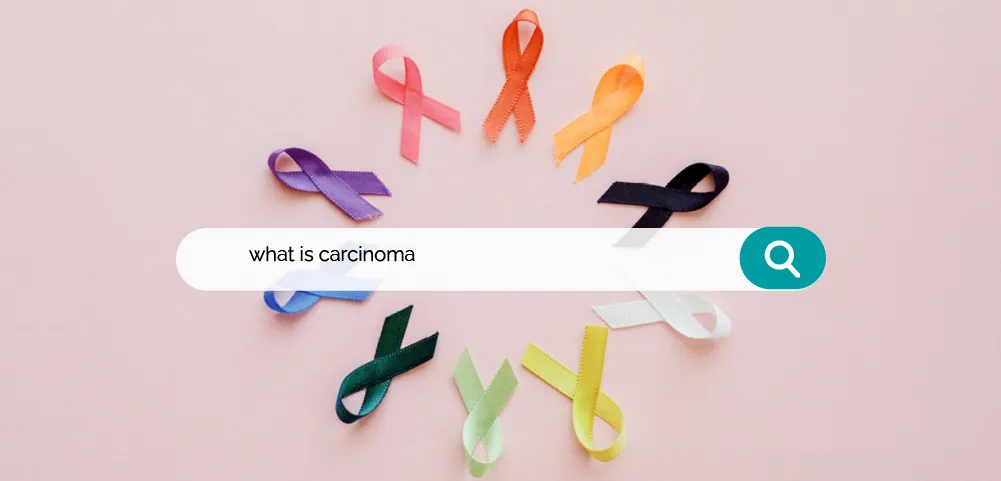PET CT Scan for Cancer at Nairobi West Hospital | SHIF Coverage
This blog will explore:
1. What is a PET scan used to diagnose?
2. How does a PET scan diagnose cancer?
3. How many hours is a PET scan?
4. How much does a PET scan cost in Kenya?
5. Does SHIF pay for a PET scan?
6. Cancer Treatment Options in Nairobi West
What is a PET Scan used to diagnose?
A Positron Emission Tomography (PET) scan plays a crucial role in cancer screening by revealing the metabolic activity of your body’s tissues.
Cancer cells are more metabolically active than healthy cells, meaning they use more glucose (sugar) for energy. This difference is what allows a PET scan to potentially detect cancer.
If your physician or general practitioner suspects that you have cancer, they may likely suggest that you do a PET scan so that they can make a diagnosis.
On the other hand, if you have already been diagnosed with cancer, a PET scan may be recommended to:
-Determine whether the cancer has spread within your body (metastasis)
-Assess how effective the treatment administered is
-Establish whether cancer has recurred
-Evaluate the outlook of cancer (prognosis)
At The Nairobi West Hospital, PET scans are combined with CT scans (Computed Tomography) to create a PET/CT scan. This combined approach provides:
- Anatomical Details: Detailed anatomical pictures of your organs and structures.
- Functional Information: The PET scan overlays the metabolic activity information on the CT scan’s anatomical image.
- Improved Accuracy: Allows doctors to pinpoint the location and potential spread of cancer accurately.
Book a PET Scan at Nairobi West Hospital on Gandhi Ave, Nairobi, Now!
How Does a PET Scan Do Cancer Screening?
You may be feeling unwell and visit a general physician or come from an oncologist who advises you to do a PET scan.
What entails the procedure for undergoing a PET scan? Here’s a breakdown of the process:
1. Radiotracer Injection
A small amount of radioactive sugar (radiotracer) is injected into your vein. This radiotracer mimics regular glucose and gets absorbed by your body’s tissues.
2. Increased Tracer Uptake in Cancerous Cells
Cancer cells, due to their high metabolic activity,, take up more of the radiotracer compared to healthy tissues.
3. Detects Gamma Rays
The radiotracer emits gamma rays, which the PET scanner picks up and translates into detailed 3D images.
4. Identifying Cancerous Areas
Areas with higher concentrations of the radiotracer (brighter spots on the scan) may indicate potential cancer growth.
How Long (many hours) is a PET Scan?
The PET scan itself, the imaging portion, typically takes around 30 minutes. Before the PET scans, your body will need time to absorb the radioactive tracer (usually an hour or so).

Afterwards, there might also be some additional time needed for aftercare steps. Therefore, expect to be at the imaging facility for 2 to 3 hours for the entire PET scan process.
How much does a PET Scan cost in Kenya?
The cost of a PET scan in Nairobi West Hospital, Kenya, is KES. 50,000 for a full body scan (FDG PET) and KES. 65,000 for a prostate scan (PSMA PET).
The cost of a PET scan usually varies depending on the type of PET tracer used, the physician’s experience, facility fees and the use of anaesthesia.
Does SHIF pay for a PET Scan?
Yes, The Social Health Insurance Fund (SHIF) which is managed by Social Health Authority (SHA) covers the cost of a PET scan under the oncology benefit package. Any active SHA member can access the package for a PET scan at Nairobi West Hospital.

Talk to a patient support specialist to help you book a PET scan at Nairobi West Hospital at Gandhi Ave, Nairobi
Cancer Treatment Options in Nairobi West
The Nairobi West Hospital oncology department handles cancer screening, diagnosis, and treatment.
During treatment, the facility offers palliative care for pain management and stress-free therapy with a focus on improving your life.
Patients can access several cancer treatment options, including immunotherapy, radiation therapy, chemotherapy, and surgery.
- Immunotherapy: a cancer treatment option where a patient’s immune system is improved, allowing it to find and get rid of cancer cells in the body.
- Radiation therapy: also known as proton radiation, it mainly uses X-ray (intense radiation energy) to kill cancer cells.
- Chemotherapy: a drug treatment option that uses powerful anti-cancer chemicals to kill rapidly growing cells in your body.
- Surgery: involves the removal of tumours or cancer cells from the body through surgery.

The facility diagnoses and treats various cancer types with the treatment options mentioned above with the guidance of an oncologist.
They include colorectal cancer, breast cancer, testicular cancer, head & neck cancer, gastric cancer, blood cancer and so much more.
The Nairobi West Hospital is the only medical centre in Kenya that offers bone marrow transplants for cancers such as leukaemia, myeloma and lymphoma.
According to the hospital’s management, the cost of a bone marrow transplant in Kenya ranges between KES. 2,500,000 to KES. 3,500,000.
Contact a Patient Support Specialist to book a PET Scan at Nairobi West Hospital






